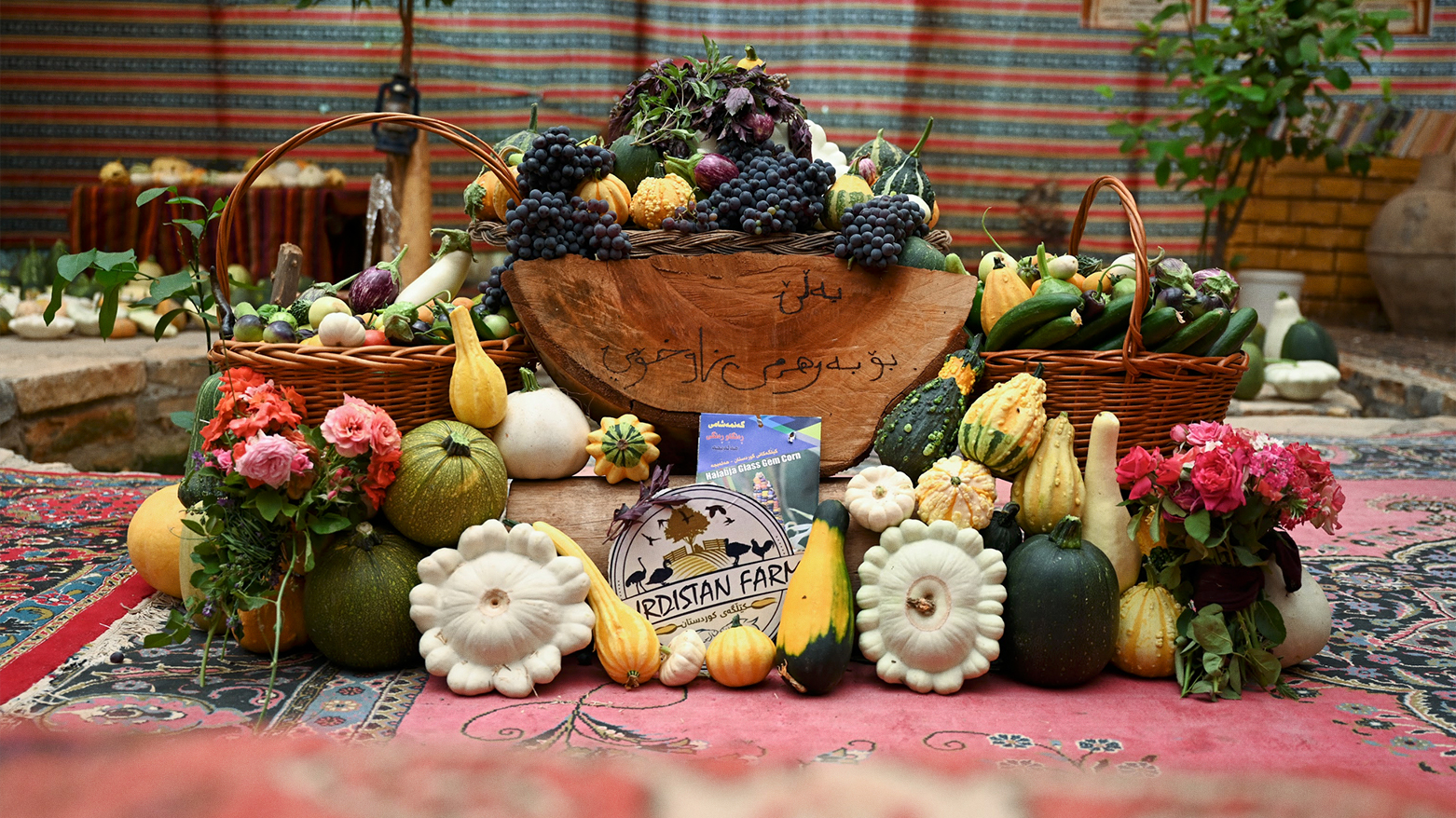From Importer to Exporter: The Netherlands’ Role in Kurdistan’s Agri-Revolution
According to IJsselstein, the region’s relative stability and strong ties with the Netherlands have fueled significant agricultural developments, particularly in potato and greenhouse horticulture.
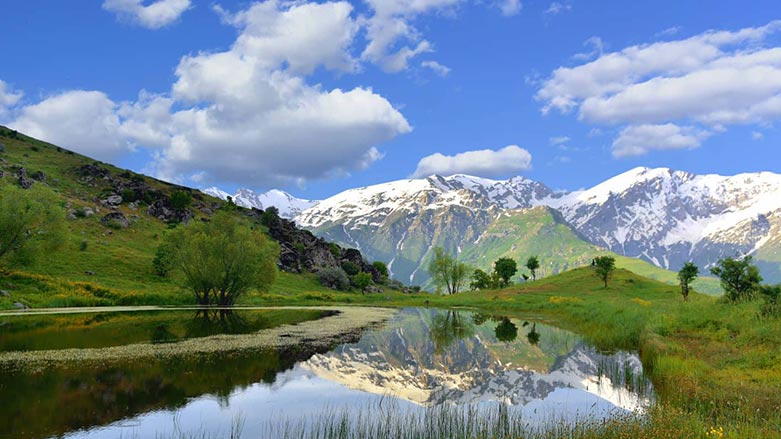
ERBIL (Kurdistan24) – The Netherlands is playing a pivotal role in transforming Kurdistan’s agricultural sector, helping the region shift from an importer of food products to an exporter, Dutch Consul General in Erbil Adriaan IJsselstein told Hortidaily in a recent report. According to IJsselstein, the region’s relative stability and strong ties with the Netherlands have fueled significant agricultural developments, particularly in potato and greenhouse horticulture.
The Dutch have a long-standing relationship with the Kurdistan Region, bolstered by the return of Kurdish-Dutch entrepreneurs who fled Iraq in the late 20th century and later returned post-2003. These connections have facilitated advancements in various sectors, with agriculture being a standout success. Thanks in part to Dutch agricultural expertise, the Kurdistan Region has transitioned from a net importer of potato products to an exporter of French fries across the Middle East. Local production has skyrocketed from just a few thousand tons in 2012 to over 600,000 tons in 2024.
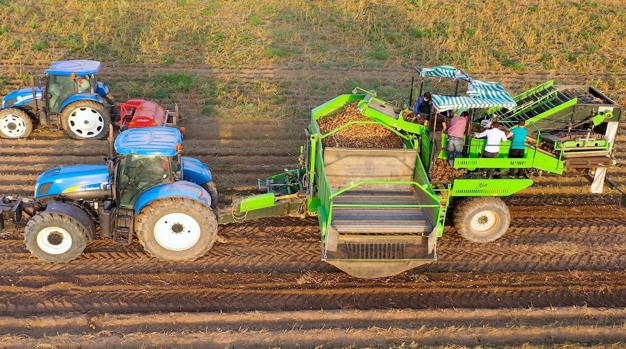
IJsselstein attributes this success to the introduction of Dutch seed potatoes, innovative farming techniques, and advanced processing technologies. "That sector is now thriving, creating jobs for many people, and it’s largely thanks to Dutch involvement. We are now working closely to make cultivation and processing more sustainable," he stated. While the Netherlands continues to export seed potatoes to the region, the Kurdistan Region has established itself as a key player in the regional food supply chain.
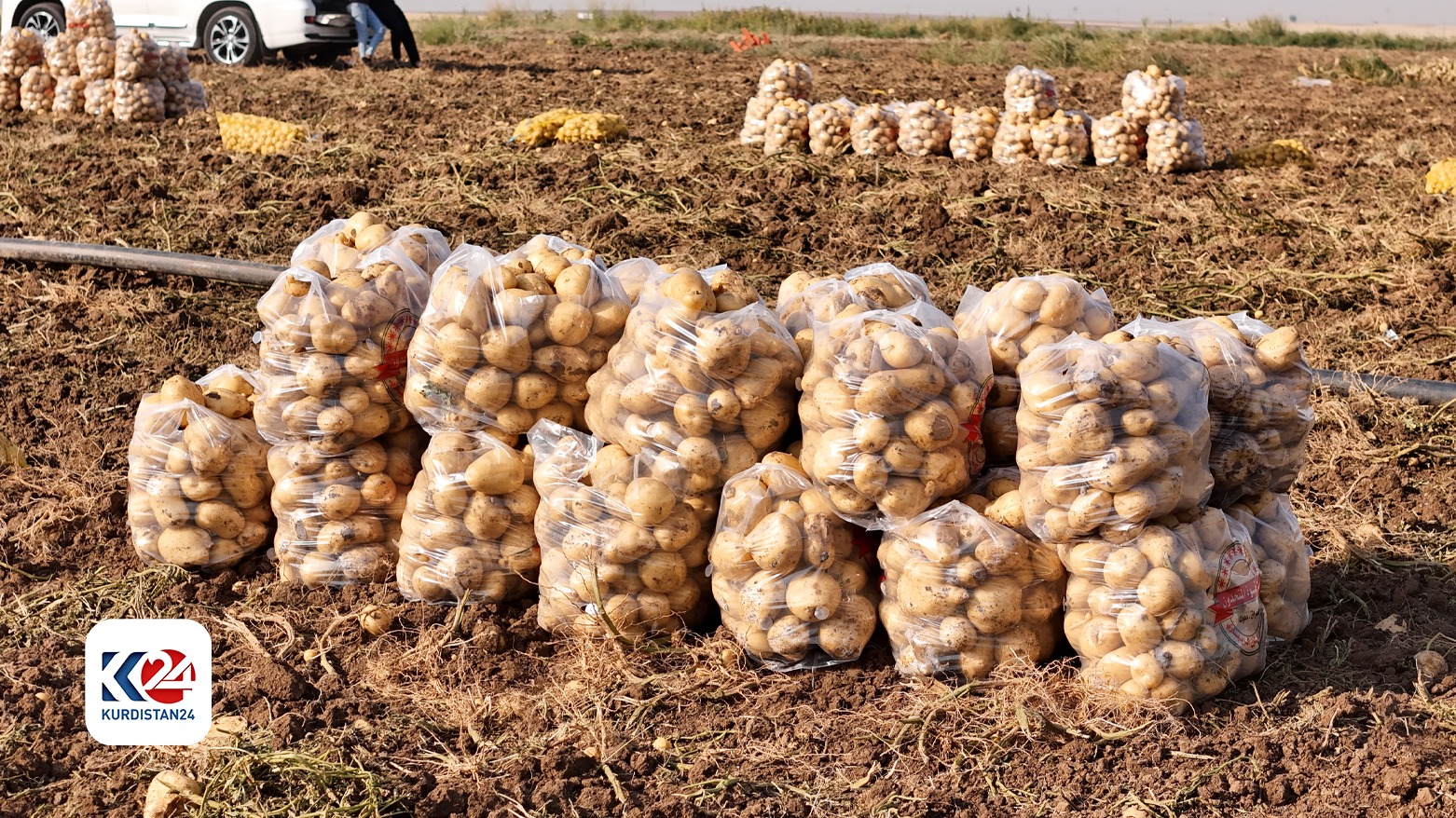
Beyond potatoes, the Kurdistan Region’s vegetable sector holds similar potential. The region produces an abundance of crops, but market coordination remains a challenge. IJsselstein notes that while tomato production is strong, it peaks only once a year, leading to supply surpluses followed by reliance on imports from Turkey and Iran. Improvements in diversification, quality control, packaging, storage, and transport are needed to mitigate post-harvest losses and develop a stable year-round supply chain.
The ornamental horticulture sector is also in its early stages. Despite the fact that most flowers and plants in the Kurdistan Region are imported from the Netherlands, local nurseries are emerging, such as a rose farm that managed to operate even when air travel was disrupted. IJsselstein believes that Dutch techniques could enhance local flower cultivation, promoting more sustainable production methods.
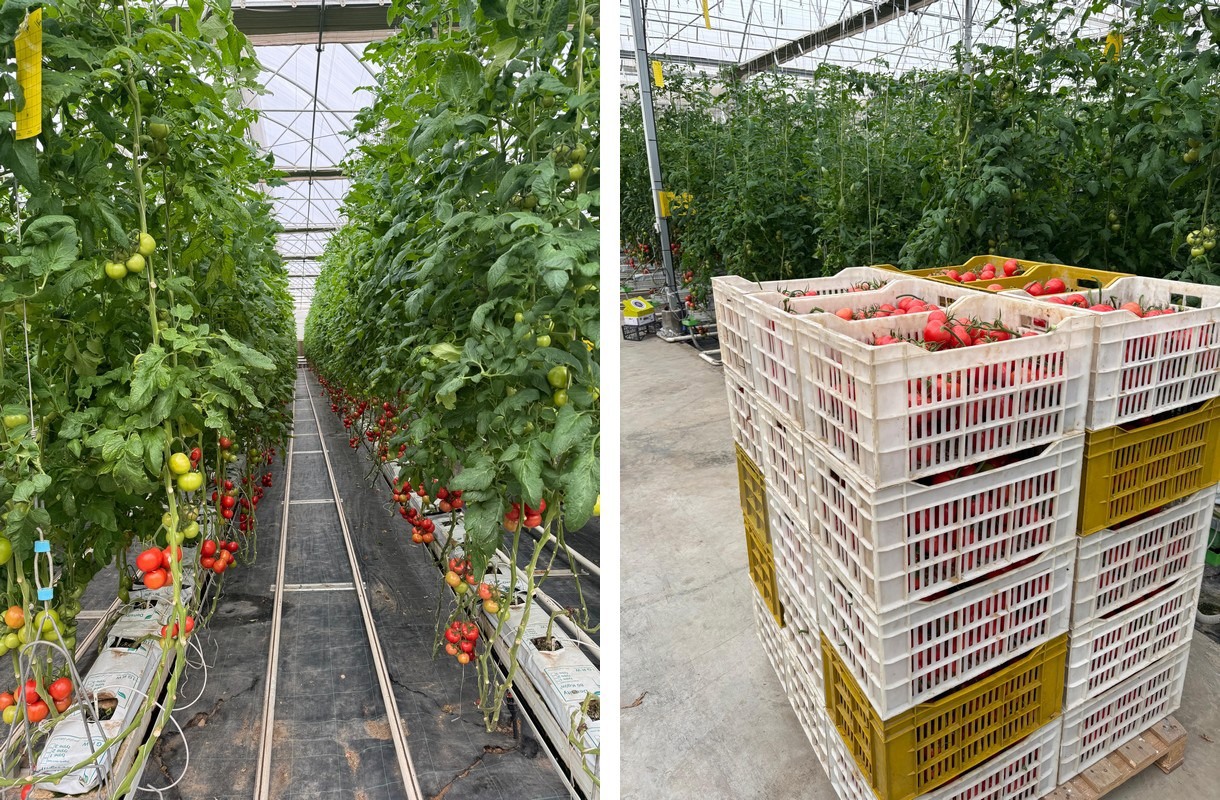
The Kurdistan Regional Government (KRG) recognizes agriculture as a strategic sector for economic diversification, aiming to reduce dependence on oil revenues and foreign food imports. With a population of 6.5 million in Kurdistan and 46 million in federal Iraq, the market potential is vast. Currently, the Kurdistan Region is home to a mix of small-scale and large greenhouse enterprises, particularly in Sulaymaniyah and Erbil.
Many greenhouses rely on Turkish materials, but Dutch expertise in modern greenhouse construction is gaining traction. A Dutch-Kurdish entrepreneur is finalizing a large greenhouse project with Dutch investments, showcasing how advanced technologies can improve crop yields while conserving water—an increasingly critical issue in the region.
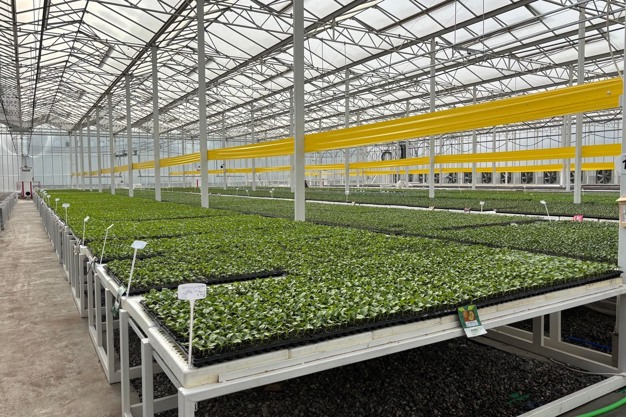
"Water is available, but its use could be much more efficient," IJsselstein emphasized. "The region has vast flat land, a workforce, and investment potential, but improvements in knowledge, sustainability, and labor standards are needed. Dutch entrepreneurs are setting an example by providing training and fair employment contracts."
Despite challenges such as bureaucratic hurdles and differences in banking systems, IJsselstein remains optimistic about Kurdistan’s agricultural future. "Doing business here requires patience, relationship-building, and an adventurous mindset. But for those who are willing, there are tremendous opportunities."
As Dutch expertise continues to shape Kurdistan’s agricultural landscape, the region is poised for further economic growth, strengthening its position as a regional food production hub.
